
Wearable Sweat Sensor Paves the Way for Real-Time Analysis of Body Chemistry
Flexible plastic sensor sends molecular test results to a smartphone

Flexible plastic sensor sends molecular test results to a smartphone
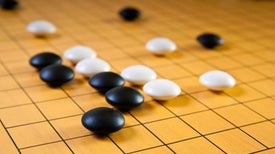
Google's DeepMind program, which has mastered the 2,500-year-old board game, is a big achievement in artificial intelligence

The company's latest mobile operating system update signals growing awareness of the potential negative health effect of using smartphones and tablets at night

In general, people tend to use passwords that are so common and easily guessable as to be nearly worthless in practice

What can you create with 100 drones flying in formation? Intel and Electronica FutureLab partnered to answer that question, with spectacular results

A closer look at the Sengled Voice bulb at the 2016 Consumer Electronics Show

Patents will have even more trouble with 3-D copies than copyright law had with digital music sales

Hands-on with the HTC Vive Pre at the 2016 Consumer Electronics Show (CES)

New services already let you pay to skip ads, but do we really want to turn the Web into a vending machine?
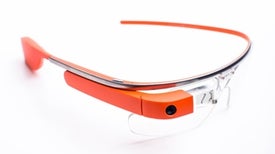
Google is modifying the next generation of its Glass wearable for use in the workplace
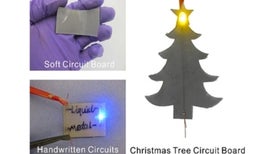
New method uses soft sheets made of silicone rubber that have many tiny droplets of liquid metal embedded inside them

We could easily go ad-free—if we put our money where our mouse is
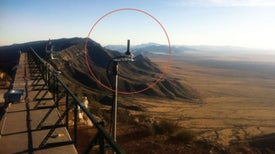
The terrestrial network could eliminate the GPS’s blind spots and advance indoor mapping

Researchers designed a chip that transfers data not with electrons but with photons—resulting in a potential 10-fold boost in speed. Christopher Intagliata reports

Silver-based ink, flowing from a ballpoint pen, write circuits that power lights
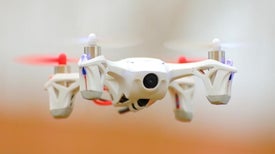
Can you stop them from flying it over your house? No one knows, and that is a big problem for the drone industry

Were the San Bernardino suspects smart to toss theirs into a local lake?
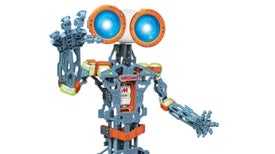
These devices teach you new things, monitor your health and protect your property
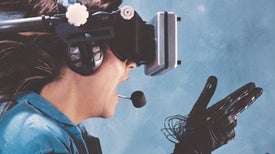
Ken Perlin, a New York University computer science professor and virtual reality pioneer, talks with Scientific American tech editor Larry Greenemeier about the state of virtual reality, its history and where it's heading ...
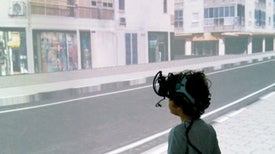
Children lack the hazard-perception skills of adults, but training could bolster their ability to stay safe on the street
Support science journalism.

Thanks for reading Scientific American. Knowledge awaits.
Already a subscriber? Sign in.
Thanks for reading Scientific American. Create your free account or Sign in to continue.
Create Account